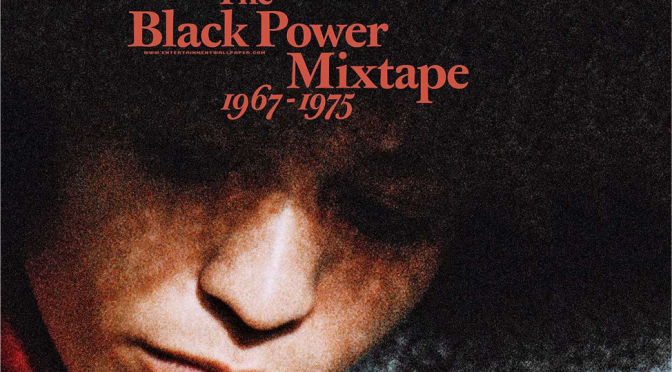In honor of our focus for the week: “Prison and Education”, we decided to screen a documentary classic: Black Power Mixtape. During our discussion of the film, we walked away with a few major themes.
- At one point in the film we get to watch Stokely Carmichael interact with his mother, allowing us to see Carmichael as an everyday man. In our rendering of social activists through film, writing, etc. we often construct activists as super humans. While their work is extraordinary, our representations of them may cause more harm than good in the sense that we create distance between us and them. With that in mind–the idea that they are not so different from us–how can we change the way we see ourselves and our capacity to enact change.
- We also noted the difference in the ways we navigate conversations around race. One viewer was particularly shocked by Carmichael’s mother hesitancy to admit that her husband was treated differently at work, because he was black. In her experience, race was always spoken about openly. (Perhaps it is the fact that his parents were raised outside of the U.S.) This discussion left the group to question coalition building and the importance of considering the histories of populations we attempt to reach and the assumptions we make based on perceived “blackness”.
- Mixtape also forces us to confront obvious differences in communication. Information spreads far too quickly. While some may see this as a benefit, we saw it as a drawback. Not only do we not get enough time to process, we also face the risk of being co-opted.
Regardless of the challenges we believe we face in our work, we must remember that in one scene a young woman states that she did not think that conditions would not change for Black people in America. However, we are clearly in a different place now than we were in the 1970s.

